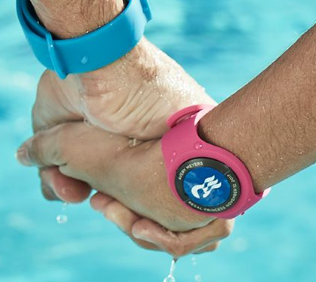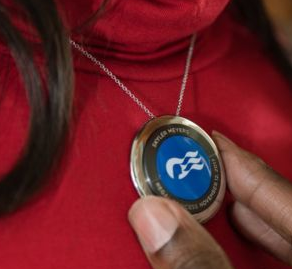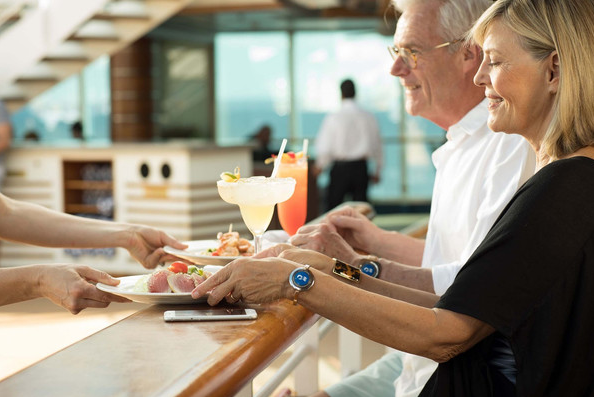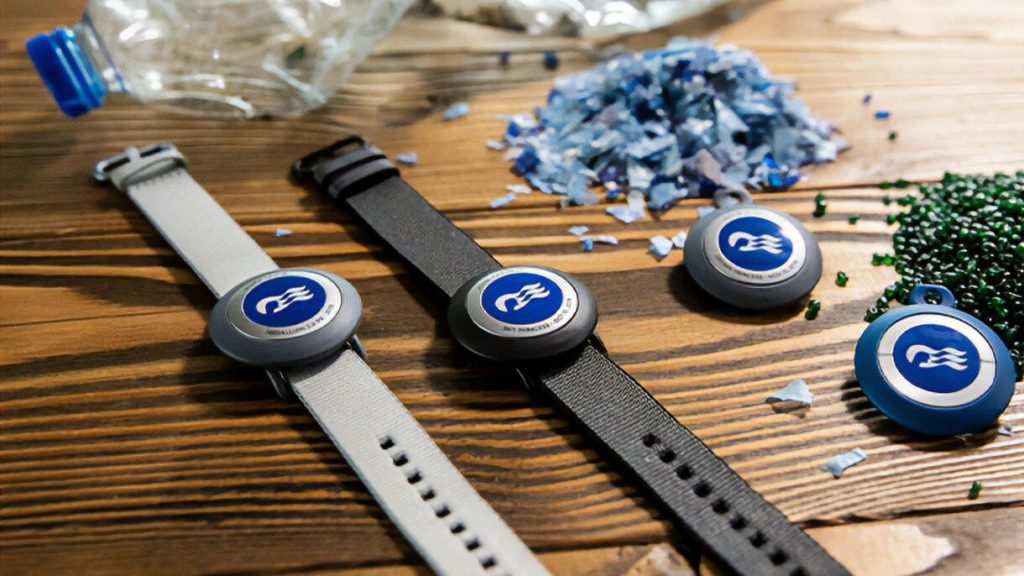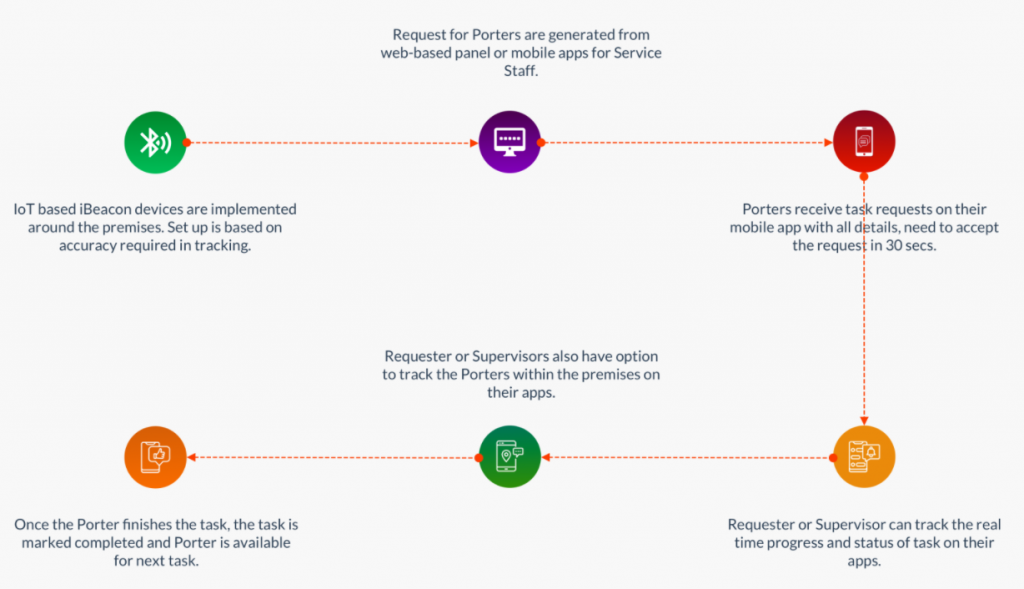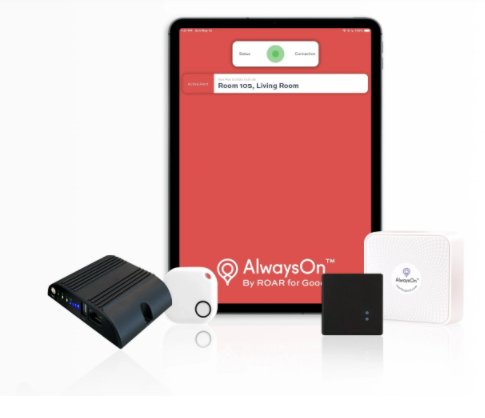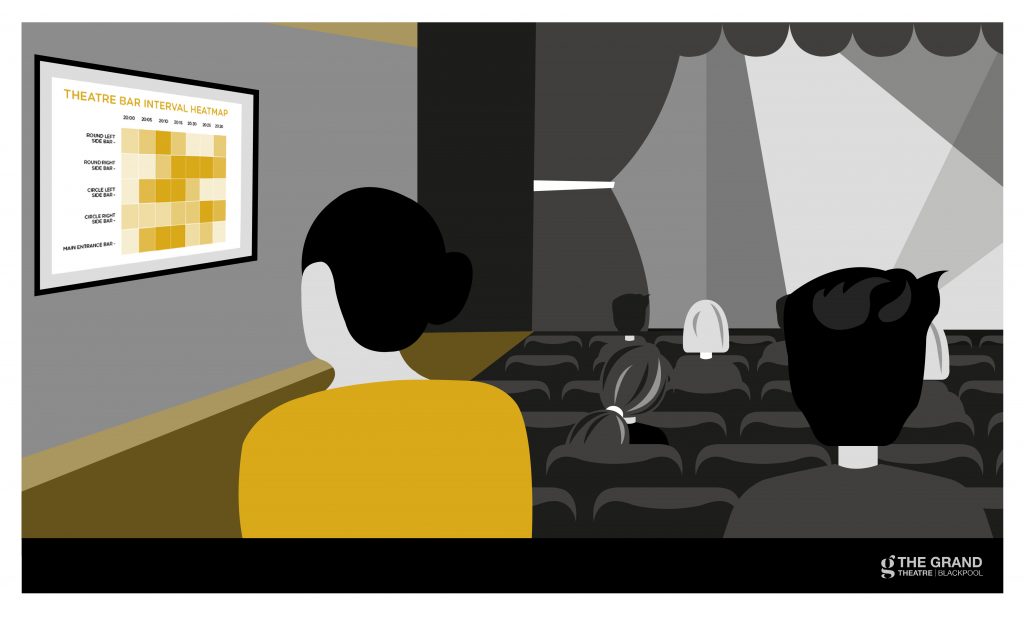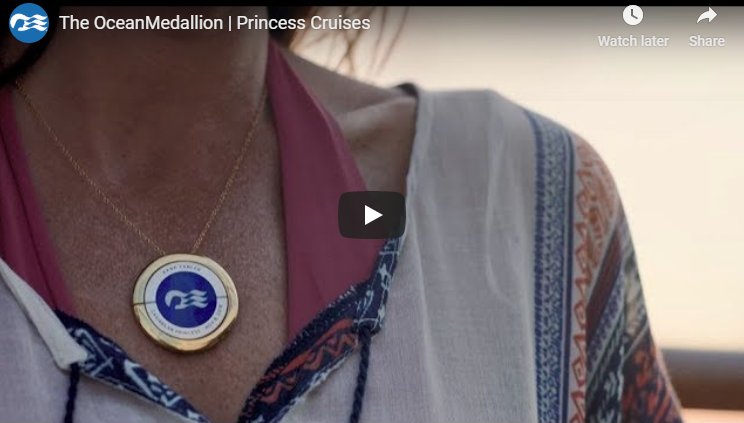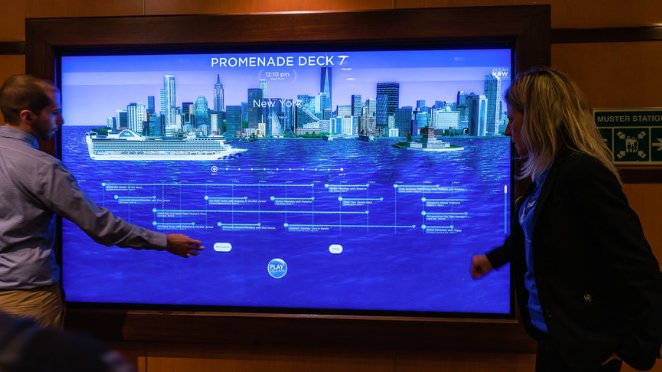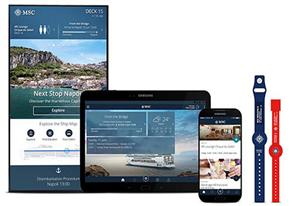Princess Cruises has made a significant leap with its Medallion. This innovative device, a Bluetooth beacon, is transforming the cruise experience for passengers and the company.
A Bluetooth Beacon at Sea
The Medallion is a small, wearable device that uses Bluetooth Low Energy (BLE) technology. This beacon interacts seamlessly with sensors placed throughout the ship. As passengers move around the ship, the Medallion’s signal is picked up by these sensors, allowing for a range of interactive and personalised experiences. Unlike classic Bluetooth devices that need to be paired, they use Bluetooth LE to automatically work with the ship’s network, offering a hands-free experience.
Enhancing the Passenger Experience
The Medallion has significantly enhanced the cruising experience for passengers. Firstly, it eases the boarding process, making it quicker and more efficient as the medallion is the passenger’s identity. Once on board, it serves as a digital key, unlocking the passenger’s room as they approach.
The Medallion enables the crew to provide a highly personalised service, greeting passengers by name and being aware of their preferences and needs. It also powers an on-board navigation system, helping passengers find their way around the large cruise ships and even locate their friends and family on board.
Entertainment and purchasing are also streamlined. The medallion can be used to make cashless payments for services and products on the ship and it interacts with various digital screens on the ship to provide personalised content and offers.
Advantages for Princess Cruises
For Princess Cruises, the Medallion represents a significant investment in improving operational efficiency and customer service. The data collected from these devices offer valuable insights into passenger behaviour and preferences, allowing for more targeted marketing and service improvements. It also streamlines onboard operations, such as crowd management and service delivery, making the cruise experience smoother and more efficient for everyone involved.
Broader Applications in Hospitality
The principles behind the Medallion are being adopted in other sectors of the hospitality industry. Hotels, resorts, and theme parks are increasingly using similar technology to enhance guest experiences. For example, wearable devices at theme parks can act as entry tickets, payment methods and fast-pass tickets to rides. In hotels, they offer keyless room access and personalised room settings, such as adjusting the temperature or lighting based on the guest’s preferences.
The Medallion by Princess Cruises is more than just a technological novelty; it’s a glimpse into the future of hospitality. By leveraging the power of a Bluetooth beacon, it creates a seamless, personalised, and more enjoyable travel experience.
